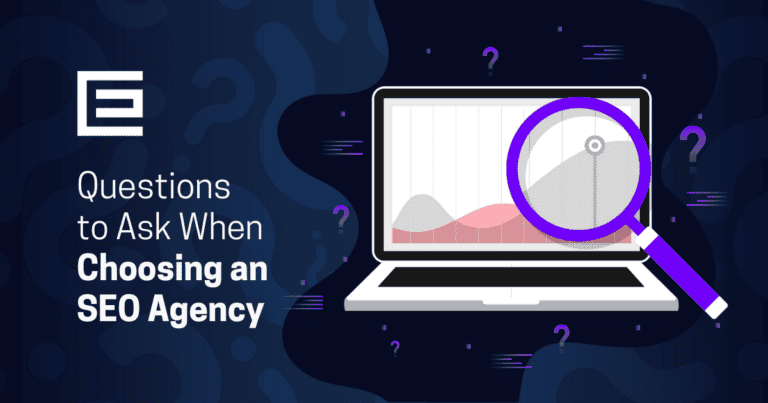Ease of Installation
Any ecommerce platform you may use has to start from the same place: installation. Ideally, you want a system that is not too difficult to install, so that you can get your site up and running, and turning a profit, as soon as possible. Magento can be complicated to install, or fairly easy. It depends on the method you choose. For users who opt to run a manual installation, it is more time intensive and takes a lot of technological skill. However, the option for a one-click installation exists, if you choose a host that makes this available. OSCommerce is installed in a similar manner. You must download it from the provider’s site, then upload it to the web server. Many users find this doable. It is potentially beyond the technical capabilities of some vendors though.Ease of Use
While Magento is extremely powerful, it may not be the easiest ecommerce platform to use, because of all of those powerful options! If you already know quite a bit about web design, development, coding, etc., you will likely find this platform easy to handle. For those just starting out in the online world, you could be overwhelmed. It is possible to learn these skills, and use Magento with ease, or pay someone to do it for you. OSCommerce is simple, if not a bit outdated. It is easy to use but clunky in comparison to many other ecommerce platforms. The ease of use is there, but you may find yourself limited by what OSCommerce can and can’t do.Search Engine Friendliness
Magento is very search engine friendly, right from the start. This is an ecommerce platform built for search engine optimization, and you should have no problem integrating SEO techniques into your storefront, whether they are simple URL and metadata changes, or more complex endeavours. OSCommerce is also SEO friendly but this functionality comes through add-ons. This means that you will have to take the time to find and install the extensions that will make your OSCommerce store as functional as you want it to be.Integration Ecosystem
Both OSCommerce and Magento work well with various devices, services, and platforms. From social media services like Twitter, to PayPal, eBay, and other big names in ecommerce, you should not encounter many problems with integrations for either of these systems. Of course, with Magento being updated more frequently than OSCommerce, it’s possible that you would have to wait longer for OSCommerce integration with a newer system.Cost to Maintain
Both of these ecommerce platforms are initially free — neither will cost you any money to download them. However, you will need to pay for hosting. This is true of both Magento and OSCommerce. Bear in mind that Magento is more resource intensive than OSCommerce and will likely cost more for hosting. OSCommerce requires more extensions for it to match the functionality Magento offers, however, so you should also factor that into your budgeting. Magento has an enterprise version for large companies, which is a paid service. While this means the platform itself is not free, it may be worth it if you are processing a lot of sales.Customizability
Magento is well known for its customizability. If there is something you need in an ecommerce platform, this robust, advanced system can do it. OSCommerce, as a simpler, more dated platform, is not as cutting edge as Magento. There is a strong community of users and developers who use this ecommerce system, and are working toward creating custom features all the time. OSCommerce has about 7000 free add-ons for the system. You are limited by the add-ons you can use, so if you can find the ones you need, you’re in luck. As previously mentioned, you, or someone you hire, will need to have the technical skills to handle the customization with Magento, but this is one of the only things that will limit you in what you can accomplish with Magento. While Magento does require more skill, and more resources to run, it’s worth it for power users who can make it do exactly what they want to make their web store successful.| Magento | OsCommerce | |
|---|---|---|
| Easy of Installation | Can be complex for those who don’t have web skills; one-click features depending on host. 5/5 | Requires a bit of technological skill, but is fairly simple to install. 4/5 |
| Ease of Use | Setting up should be taken care of by professionals. Using the system afterwards is straightforward. 4/5 | Simple to use, but dated and perhaps over-simple. 3/5 |
| Search Engine Friendly | Extremely SEO-friendly! 5/5 | SEO friendly, with the right extensions. 4/5 |
| Integration Ecosystem | Simple and straightforward integration with most major players. 4/5 | Integrates with a variety of platforms and programs, through an add-on catalog. 4/5 |
| Cost to Maintain | Initially free, plus the cost of hosting. Many features are built in. Businesses can pay for extensions and developers to install them as the business grows. 4/5 | Free plus cost of hosting. 4/5 |
| Customizability | Highly customizable, especially for those with the skills, or with the budget to pay someone for customization. 5/5 | Customizable within the constraints of what the community has developed, and what is available through an add-on library. 4/5 |
| Hosted vs. Self-Hosted | Self-hosted — more work, but more freedom. | Self-hosted — more work, but more freedom. |
| Target Market | Large businesses with high-volume stores and agencies managing multiple stores. | Great for smaller companies that do not need a high degree of customization. |
Looking for an experienced web design agency that can develop a ecommerce website that is search engine friendly and easy to manage for your business? Contact our award-winning ecommerce website developers and ecommerce marketing professionals in Raleigh, NC at 919-341-8901 or schedule a complimentary consultation and website review.



